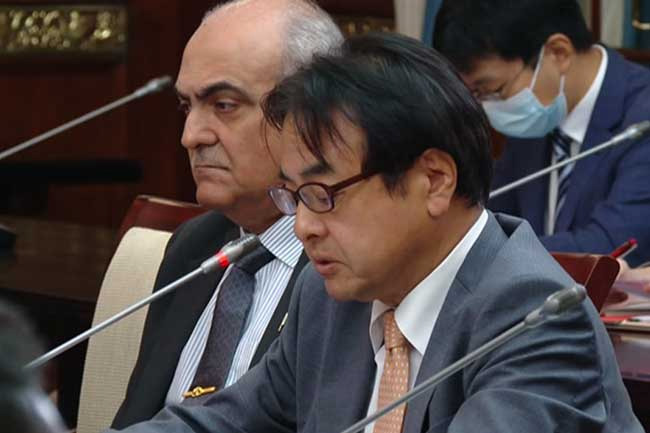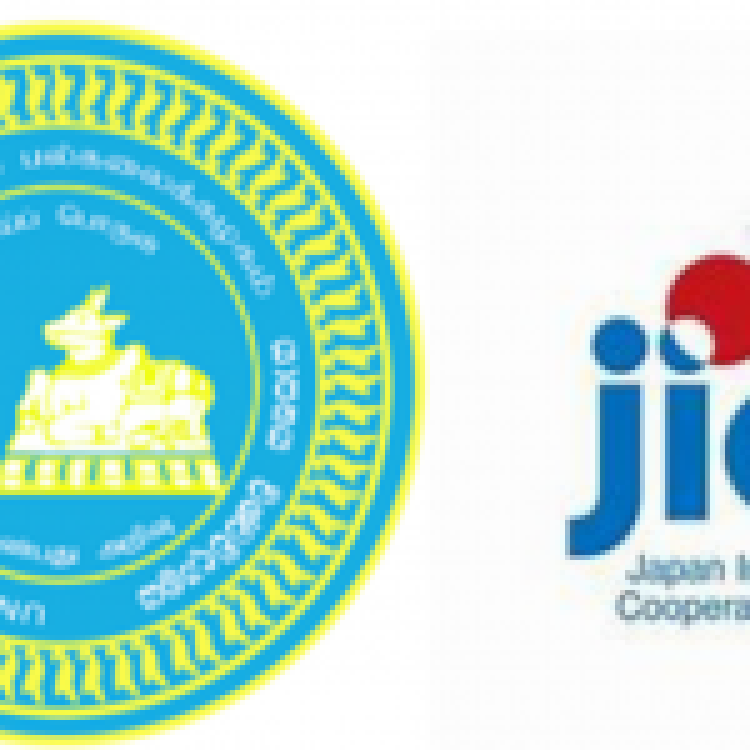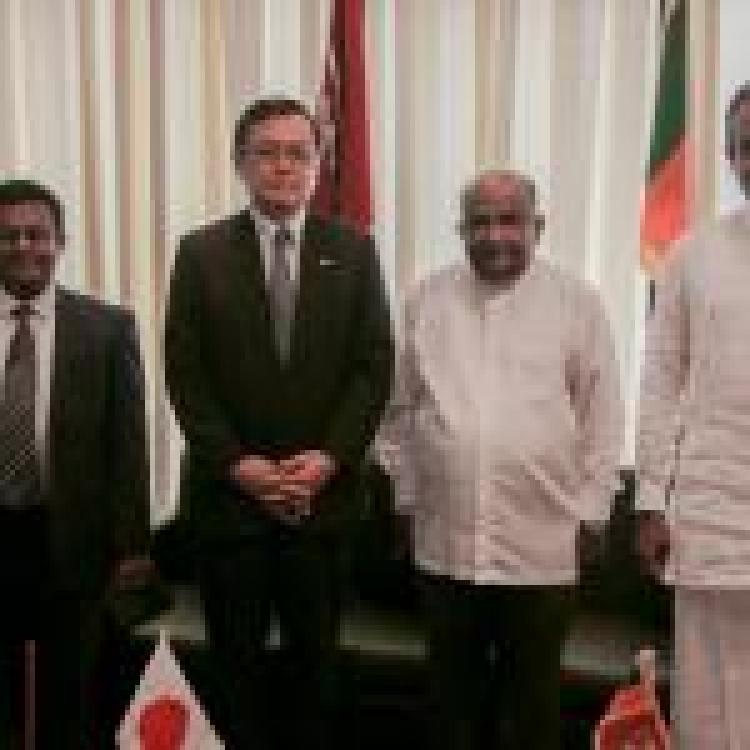
Following a staff-level agreement between Sri Lanka and the International Monetary Fund (IMF), Japanese ambassador, Hideaki Mizukoshi, affirmed that his country would support Sri Lanka in debt restructuring negotiations with its creditors.
The agreement with the IMF would see Sri Lanka secure a loan of $2.9 billion through a 48-month Extended Fund Facility (EFF) but remains contingent on debt restructuring agreements with the island's creditors. Sri Lanka is currently seeking to restructure an estimated $30 billion of its foreign debt amidst its worst economic crisis in recent history. "Japan stands by Sri Lanka in support of the debt restructuring negotiation process so that Sri Lanka can reach the final agreement with the IMF," declared ambassador Mizukoshi. Last month, however, Japanese Foreign Minister, Yoshimasa Hayashi, denied reports that Japan would hold a debt restructuring conference for Sri Lanka.
Japan holds around $3.5 billion of Sri Lanka's total bilateral debt of about $10 billion, amounting to 4.4% of the island's GDP, Reuters reports.
Speaking on investment projects, the Japanese diplomat insisted that discussions on large-scale infrastructure projects will only be resumed after Sri Lanka’s economy recovers. The statement follows an "all-time low" in Japanese- Sri Lankan relations with Sri Lanka's unilateral withdrawal from a $1.5 billion Japanese-funded light rail project and Sri Lanka's withdrawal from the East Container Terminal (ECT) project at the Colombo Port, worth an estimated $700 - $800 million dollars.
”In the future, when this economic crisis is over and the economic conditions are in good shape, we can restart that kind of discussions,” he told reporters.
Read more here: How Sri Lanka betrayed Shinzo Abe
Reuters notes the growing concerns of India over China's growing presence in Sri Lanka through ports, highways and power stations on the island. However, Mizukoshi insists that;
"Japan intends to play a constructive role with other creditor countries, including China and India".
Japan has a long history of investments in Sri Lanka which trace back to the 1970s, with Japanese firms investing in electronics, ceramics and engineering sectors. Ambassador Mizukoshi highlights however that continued investment has been impeded by inconsistent economic policies and procedural obstacles.
"We hope that the environment for investment to Sri Lanka will improve", the ambassador stated.
Read more here.


